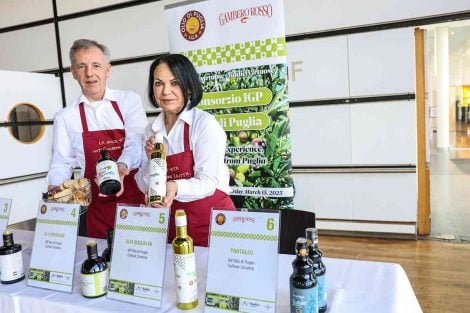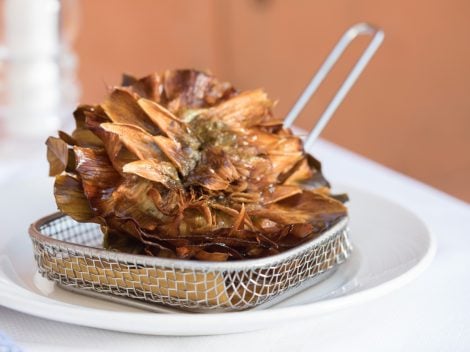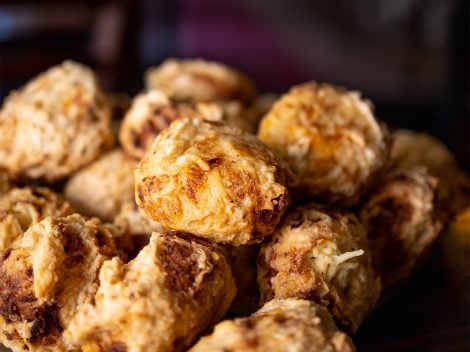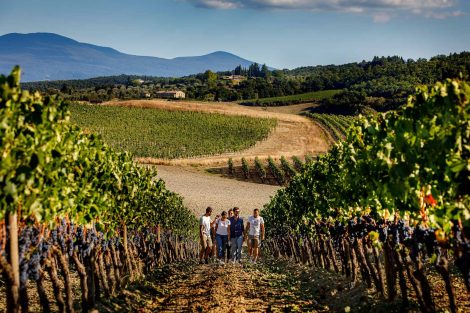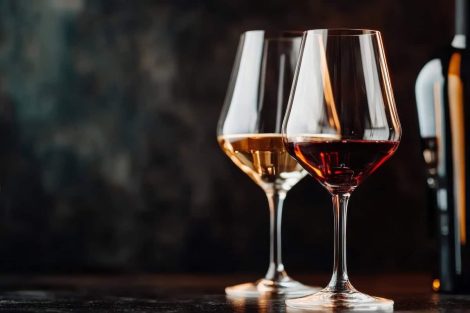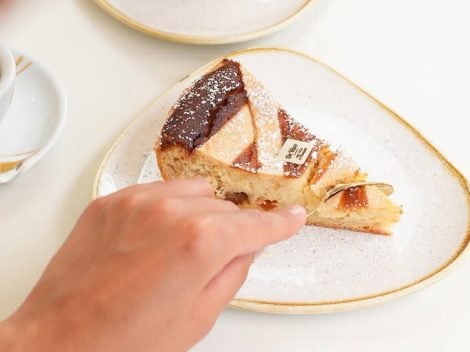By the second question, and just a few minutes into the conversation, Giancarlo Perbellini already demonstrates a rare ability to reflect deeply on his profession. As a chef, as an entrepreneur, and as someone who has lived many lives and taken time to reflect on them – from openings abroad to those in Italy. Including appearances on Gambero Rosso TV. And he’s done so by questioning himself, trying to find meaning even in what didn’t go as planned.
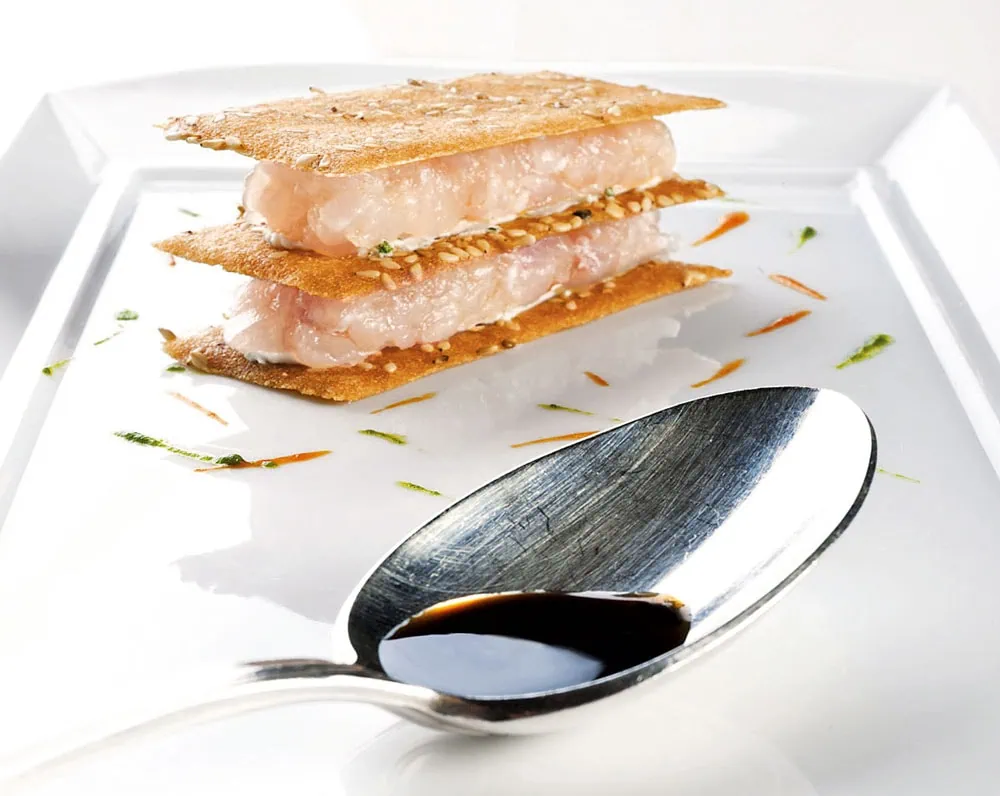
The sesame wafer, Giancarlo Perbellini’s favourite dish (pictured above as the chef prepares it). Photos by Marco Di Donato.
Interview with Giancarlo Perbellini
He states he no longer recognises his own recipes from years ago. We catch up with him while he’s refining the format of Locanda, between new kitchens and training labs. Overall, Perbellini oversees nine establishments: six in Verona (including Casa Perbellini – 12 Apostoli: Tre Forchette and Tre Stelle), one in Milan, one on Lake Garda, and finally one in Sicily (on Bovo Marina beach).
What will the restaurant of the future look like?
I think of Casa Perbellini. I believe lightness is the essential component of the future – the guest should experience the charm of this historic place, but in a light, unoppressive way, not like the labelled restaurants of the past. We mustn’t repeat that mistake. The future also depends on the younger generation – I think about my team, both in the dining room and the kitchen. If we can’t make them fall in love with this wonderful job, then we might as well give up.
And how do you do that? Many are stepping away – there’s no clear growth path. How do you incentivise them?
Nearly all the young people working with us have trained in our venues, and many of them have gone on to become entrepreneurs. If someone shows merit, we involve them and help them grow. This isn’t new – we’ve done this for 20 years. We also work a short week, with two days off. It’s a milestone we’ve achieved because we can afford it, and it makes our team feel better.
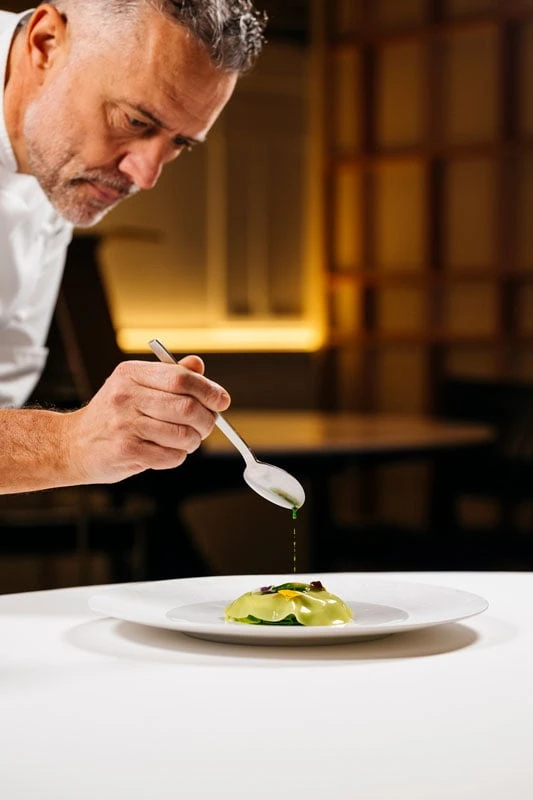
Salad, pea water, mint
Menu of the future. Imagine it 20 years from now: more plant-based and…?
Well, plant-based will definitely dominate. I also see more carbohydrates, and less meat and fish. The menu will move toward a simpler cuisine – which can be beautiful. It’s much harder to evoke emotion through simplicity.
The restaurant model is being questioned. In the future, will we see more chain openings, diversification, the entrance of international investors like in other industries?
Diversification always pays off – but it has to be theme-based. Success is tied to meaningful content and a clear concept. It’s a mistake to trivialise diversification with endless offerings. Chains in Italy? They won’t grow much – our national cuisine is far too complex to be boxed into a format. The difference in exceptional ingredients between regions is too great. You can’t cook in Sicily the same way you do in Milan. Once again, the concept is key.
And abroad? We recall your opening and closing in Hong Kong?
Yes, that was several years ago. For now, we just put our name to two pasta dishes at Harrods in London. But we’re reflecting on things. We want to enhance and go beyond the concept of the Locanda – which will evolve into a multifunctional space: cookery school, front-of-house training, banquet labs, dining outside the restaurant. We’re thinking about a new path.
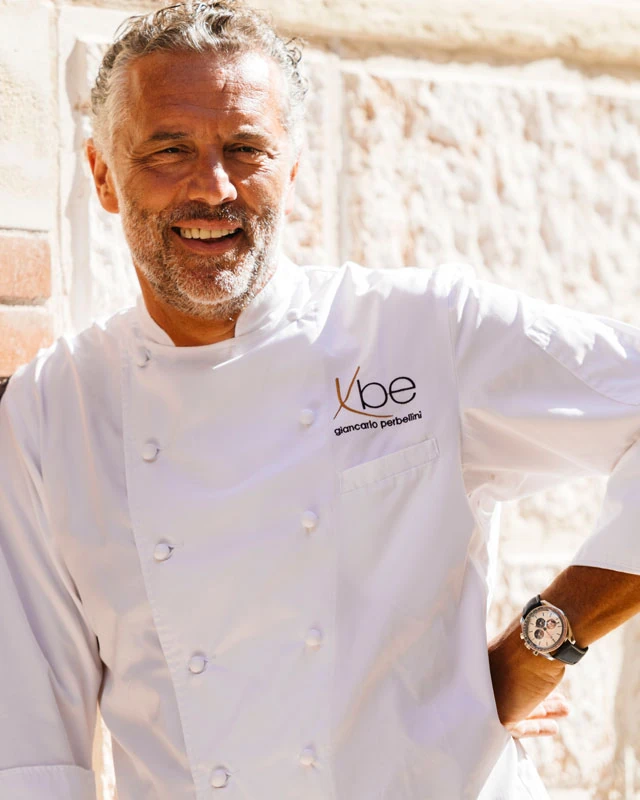
What role will hospitality, warmth, and empathy play in the future?
It’s the services you offer the customer that make the difference: the care, the attention, those extra touches they don’t expect. From a designated driver service to partnerships with wine producers. Around my restaurant, there are 3–4 businesses that produce caviar – a tourism industry has grown around it, an attraction hub.
Speaking of wine, are you seeing a drop in consumption too?
Not at Casa Perbellini. We’re in the historic city centre, and most of our customers stay overnight nearby. We did see a drop at our Lake Garda restaurant – you have to drive there. Fewer bottles, more by-the-glass sales.
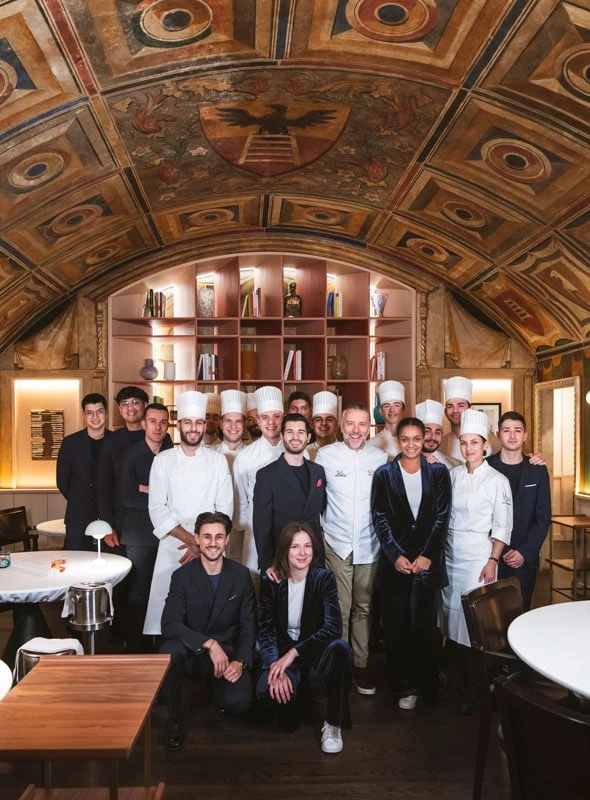
The front-of-house team at Locanda ai 12 Apostoli with Chef Perbellini
Have you changed your approach?
The philosophy remains a tailored pairing designed for the customer and the menu. Just recently, we’ve added an extensive list of fine wines available by the glass, thanks to new technologies.
What will be the core of the ingredient of the future?
Above all, its story – its communication. Think of “broccolo fiolaro,” now found all over Northern Italy thanks to Carlo Cracco, who’s from Creazzo and brought it into the spotlight. It’s up to us restaurateurs to build expectations and add value to the product.
What ingredient are you mad about?
I go crazy for wild hops – bruscandoli. I grew up with that flavour – in scrambled eggs, in risotto. Here in the Bassa Veronese, they prepare it in countless ways. It really brings me back to the spirit of the countryside and the farmer’s life. You can still forage it along the roads. It’s always on the menu in spring. Wild, like carletto vicentino, which grows freely in fields and has now become part of Verona’s food culture too.
What does “modern cuisine” mean to you? Following the seasons?
I change the menu 5–6 times a year. Often, we do two menus per season. First come the early crops, then their evolution. I might start with green asparagus and then move to white asparagus by the end of April. We need to interpret each ingredient at its peak, and then move on to another.
And “contemporary classic”? That’s also the title of one of your books.
Modern cuisine always has something of the past in it – just presented differently. We’ve reinterpreted classical international cuisine. An example? The sauce bercy on the menu isn’t finished with butter but emulsified with hazelnut oil. The memory of the flavour takes you back to the original – but with a contemporary touch.
How much has your cooking changed over time? Mistakes learned from the past?
I’ve analysed this. We’ve become the opposite of what we used to be. I’ve changed direction many times. I no longer recognise my recipes from 30 years ago. I’ve been lucky to work with people who’ve taught me a lot, and I’ve taken that on board. I used to be the kind of chef who put at least four ingredients on the plate. Now I work to get it down to three – even two. And it’s not easy.
The biggest disappointment in your career?
The wine bar I opened – Enoteca Zero 7. I never managed to communicate what I wanted. I worked on it for 4–5 years, then I gave up. If you’re an entrepreneur, the important thing is to make mistakes without getting hurt too badly.
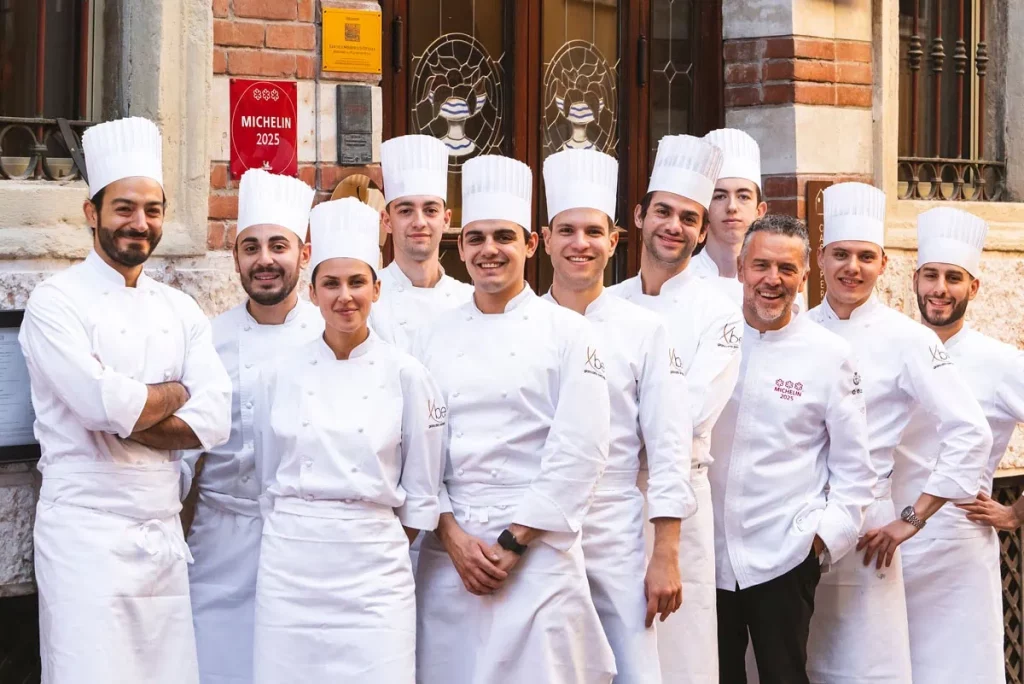
The front-of-house team at Locanda ai 12 Apostoli with Chef Perbellini
The greatest satisfaction of your career? It’s not the Tre Stelle, is it?
Well, let’s say I had to work incredibly hard to get there. Yes, it’s the crowning achievement of a career.
The dish of memory?
No doubt – I still make it often at the restaurant: pasta reale, a little gnocchetto my grandfather made with egg, butter, and Parmesan, in capon broth. And then tastasal, a typical product of the Bassa Veronese – always on Sundays with risotto.
A trattoria close to your heart?
You know it well at Gambero. La Crepa in Isola Dovarese. Whenever I want to show my team something, I take them there.
The country that has inspired you most professionally?
France gave me a lot in terms of training. But for flavours and nuances, I’d say Vietnam. I found incredible delicacy there – an Asian cuisine that’s not invasive at all, but very elegant.
The person who’s been a real influence on your work?
Someone who marked me deeply was Paolo Simioni, a chef who made me fall in love with classic cuisine. He came from the great Swiss hotels – back when they were the ultimate. And Elia Rizzo from Il Desco: he taught me what it means to be a restaurateur, not just a cook. Two very different things. In the early years, I barely looked at the accounts.
Let’s quote Ferran Adrià: “Restaurants have no economic vision.” Is that true?
Trends have created twisted mechanisms that lost sight of the fact that restaurants are still businesses. It’s simple – restaurants have to stand on their own two feet.
Are we going overboard with fermentations in Italy?
That’s how we are – we’ve always lived through trends. The foam and powder phase, then rocket salad, then tuna. We should slow down and assess whether these experiments actually add something to the dish. I think this trend has peaked and will start to fade.
An underrated chef we’ll hear more about?
Michele Lazzarini from Contrada Bricconi.
He's already quite well-known among insiders.
Well, Caranchini from Materia has great skill too – I’ve just been there and I already want to go back. I was impressed. I’ll also add a talented young chef who worked with me: Marco Stagi from Bolle in Bergamo.
Your advice for a chef starting out in 2025?
Get experience in simple places. Study how large numbers are managed and organised. My good fortune was working in places like Ristorante Marconi in Verona, which back in ’84 served over 200 covers a day. And catering events. Not just for managing scale, but to understand the manual skill of the craft. And be curious – that’s an essential quality.
One single dish – what would you prepare for us?
The wafer. A sesame biscuit, sea bass tartare, goat cheese and chives, with a spoon dipped in light liquorice syrup. It’s five flavours that come in and out, perfectly balanced. You taste them all – you have to listen to what you eat. Dishes like that only happen once in a lifetime.
One dream yet to come true?
I want to get my pilot’s licence. I’ve always dreamed of becoming a pilot.

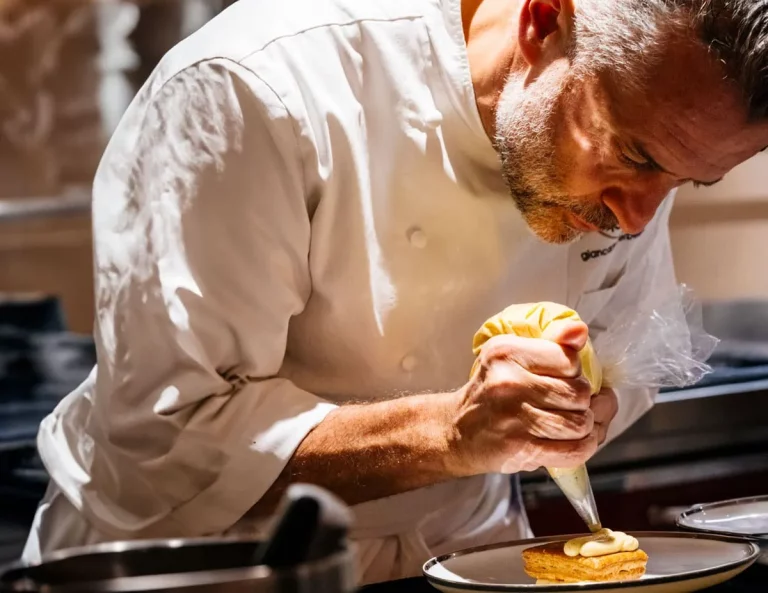
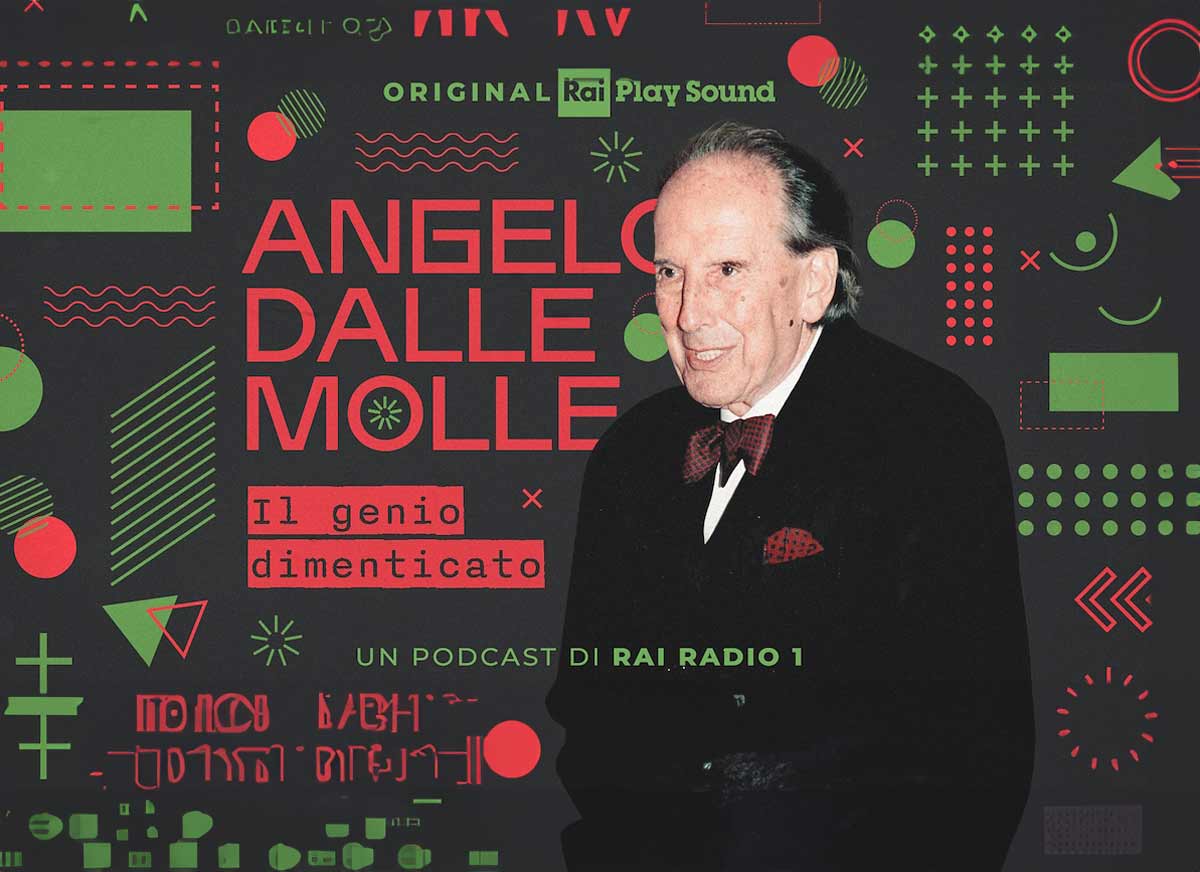 Unknown genius: the Italian inventor of Cynar who was building electric cars and studying Artificial Intelligence 50 years ago
Unknown genius: the Italian inventor of Cynar who was building electric cars and studying Artificial Intelligence 50 years ago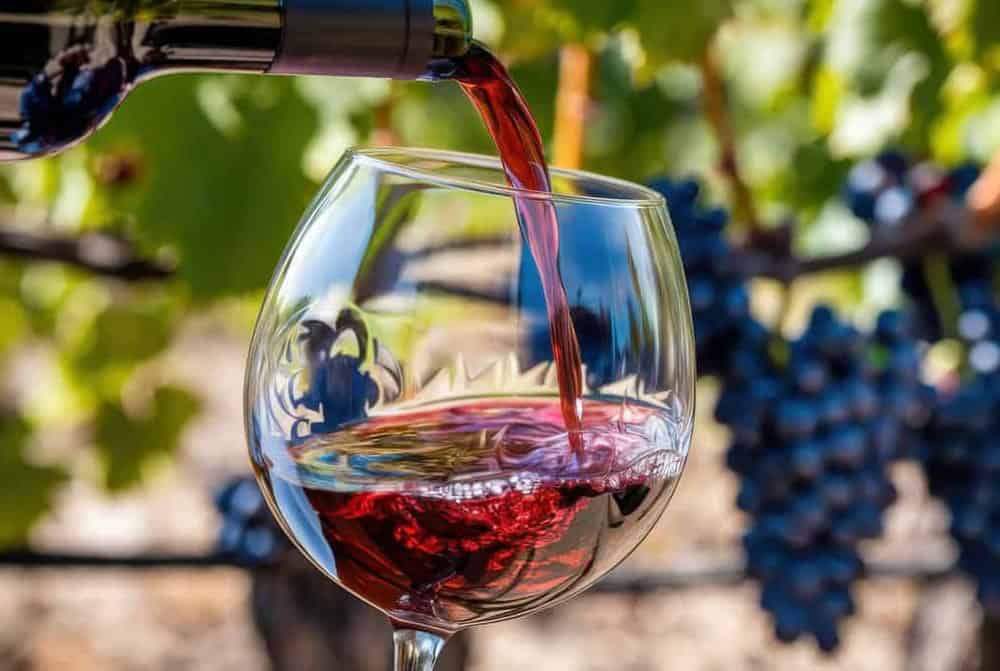 The 11 best-value Dolcetto wines from the Langhe
The 11 best-value Dolcetto wines from the Langhe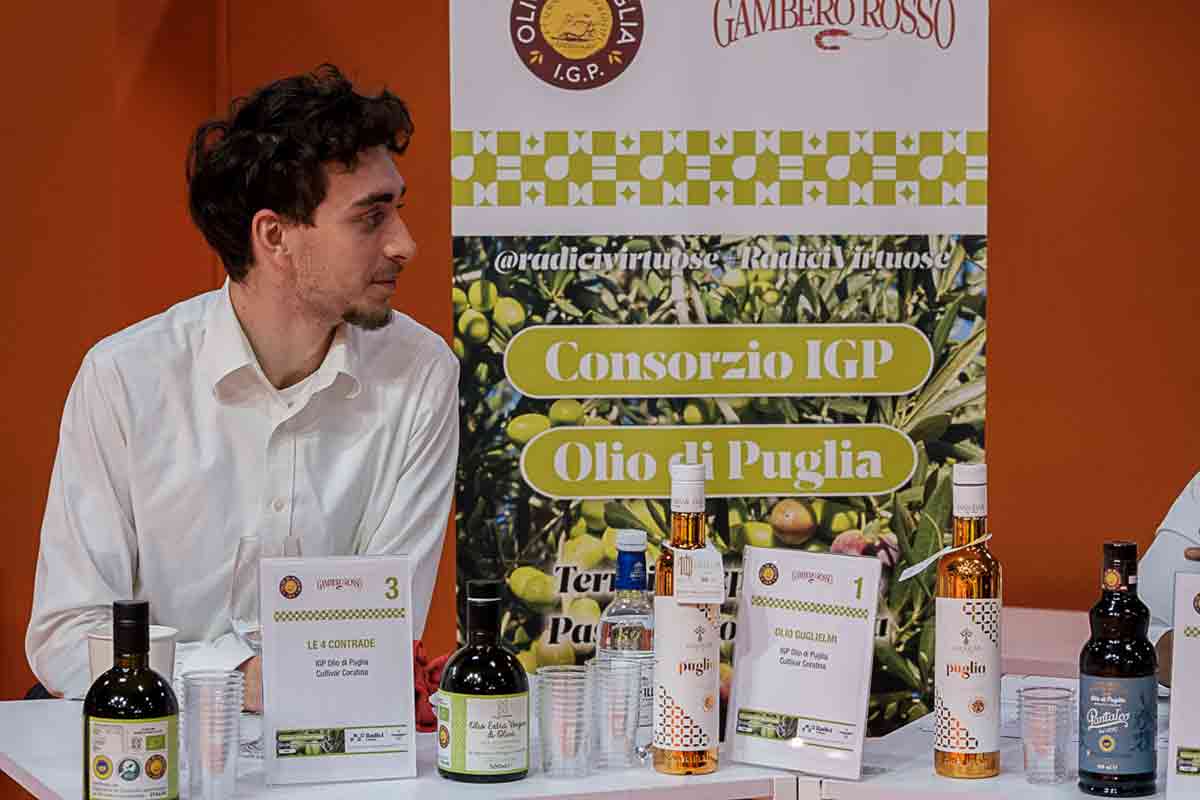 Coratina party in Paris: the power of Puglia in a drop of oil
Coratina party in Paris: the power of Puglia in a drop of oil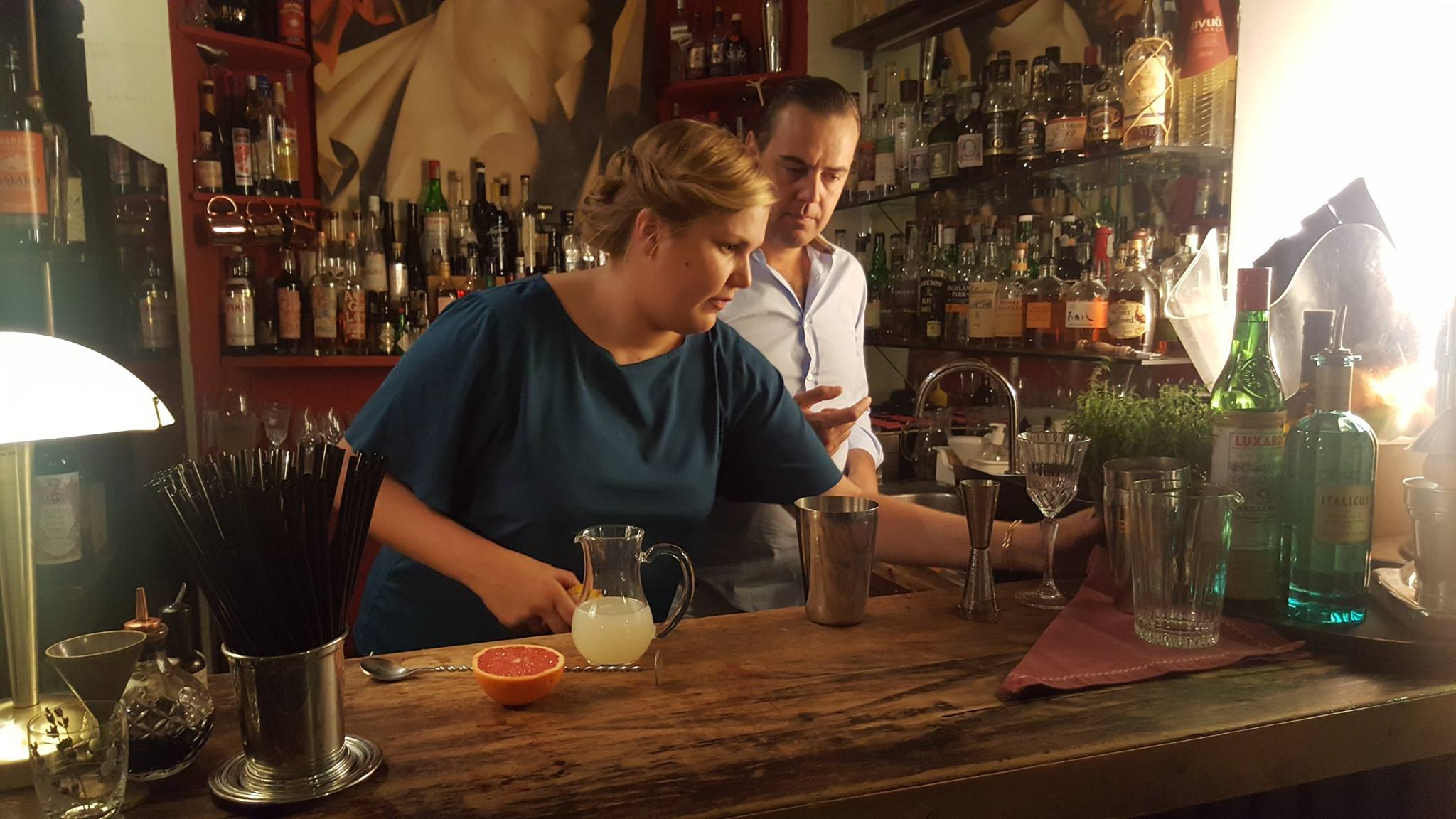 In a historic building in Genoa hides a top cocktail bar
In a historic building in Genoa hides a top cocktail bar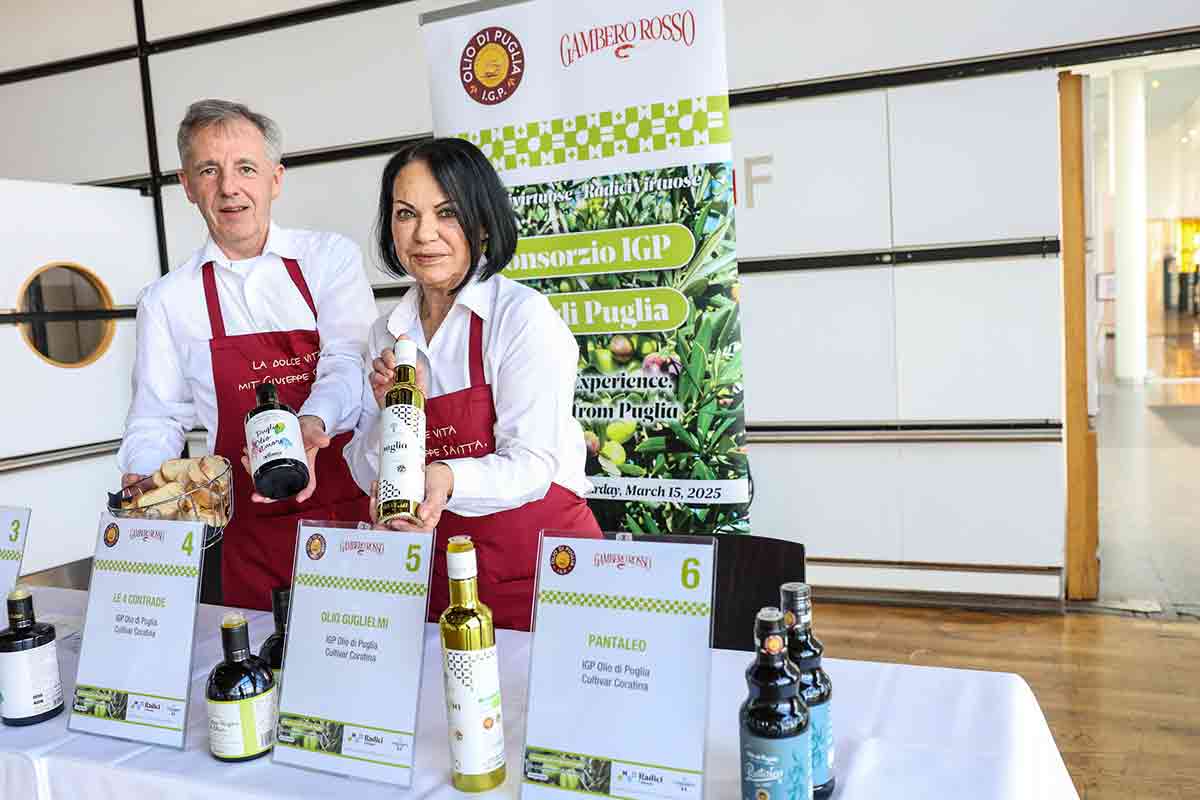 The great oils of Puglia on display in Düsseldorf
The great oils of Puglia on display in Düsseldorf